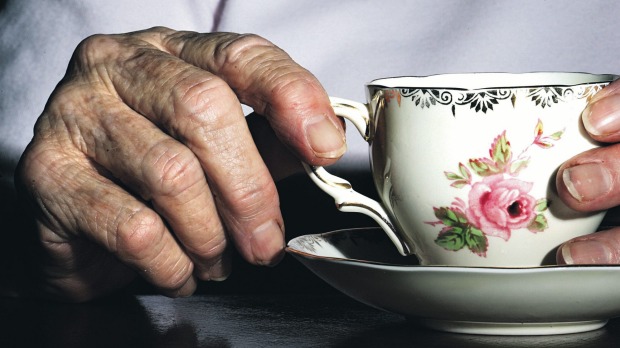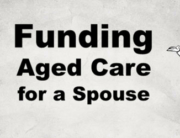Elderly and frail patients as well as their loved ones can sometimes be unwilling participants of an insensitive aged care system. There are examples of excellence, but it can seem that sadly there is not enough. Levels of care delivery in hospitals and aged care homes vary greatly, but there is usually no way of knowing this until things go wrong.
Elizabeth Rogers, an 89-year-old patient, spent three days in Prince of Wales Hospital after suffering a fall at her aged care home. She was forced out of the hospital with an eviction notice – despite protestations from her low-care home that she needed acute care. After returning to the aged-care home her condition worsened and within 48 hours staff tried to transfer her back to the hospital which refused to readmit her. Thankfully, she was accepted by another hospital.
Once media descended upon the story, the hospital apologised to family members with the reassurance that the eviction notice was not “acceptable practice” and that an investigation was under way. Outrage and condemnation on social media was swift.
The reality is that this scenario is played out regularly and those familiar with aged care know this was no “isolated incident”. Unfortunately for Elizabeth, she was so frail, she died nine days later – while still in hospital. Surviving family members must now live with the legacy of her last days being marred by hospital eviction, yo-yoed between various destinations, in a system where ageism is pervasive.
It is difficult to have confidence that an apology or investigation would have taken place without involvement of the media.
Because some of us are both old and sick, somehow, we become lesser beings, demoted to “problems to be managed”. This can be reflected in the language used in some facilities where the aged are sometimes referred to as “bed blockers” or by demeaning slang terms such as GOMERs – Get Out Of My Emergency Room.
Rather than supporting those at the end of their lives and their family members, we seem to have lost our way and our ability to empathise. Elizabeth’s family acknowledged that she “deteriorated rapidly after being exited from the Prince of Wales Hospital … I don’t know how related it was to her experience there but the end came very quickly”.
We all struggle with the stresses of these intensely emotional family experiences. When compounded by this sort of treatment, then the likelihood of psychological consequences must increase.
As residents in aged care have become frailer and sicker, nurse numbers and skills have been reduced to save costs. Many aged-care homes are unable to cope with patients who need intense nursing. We need more aged care advice.
According to the Australian Institute of Health and Welfare (2013), over 80 per cent of people who go into aged care now are classified as high care, albeit with varying levels of complexity. This is increasing each year.
NSW is the only state with legislation – currently under review – to ensure registered nurses are in aged care facilities 24 hours a day, subject to patient classification. Separate federal aged-care legislation has no requirement for safe staffing levels or skills, which can leave those near the end of their lives with little reassurance or choice regarding their care needs.
Whilst many providers of care insist on ‘flexible’ staffing, overseas studies reveal the close links between staffing and care – and between staffing and profit pressures.
When we became aware of one home operating with no staff rostered on for more than 10 hours per night, we wrote to the then Minister of Ageing (aged care no longer has a dedicated minister) to ask that if government wasn’t prepared to regulate safe levels of staffing, then at the very least staffing levels in homes should be disclosed publicly. If the community had access to this information, they could make informed choices for their loved ones and even remove them if they feel the environment is unsafe. This has not occurred.
You can judge a society by how it treats its elderly. Health and aged care are community responsibilities and the onus is on us all to ensure the best outcomes for those who are approaching the end of their lives. And politicians, as representatives of the people, have a responsibility to ensure community health and aged-care needs are met. Our thinking has not yet adapted to the intrusion of strong market forces into the sector.
Politicians have an interest in aged care and a responsibility to the community. We do not believe that these issues would have arisen in this case if aged-care management issues had been adequately addressed. Our parents and our elders deserve better.
 Contact Brad Lonergan (Financial Planner) for more information on aged care advice in Newcastle.
Contact Brad Lonergan (Financial Planner) for more information on aged care advice in Newcastle.
0423 621 120 or email at brad@bmkfs.com.au
Thanks to Lynda Saltarelli from Aged Care Crisis for her article.







